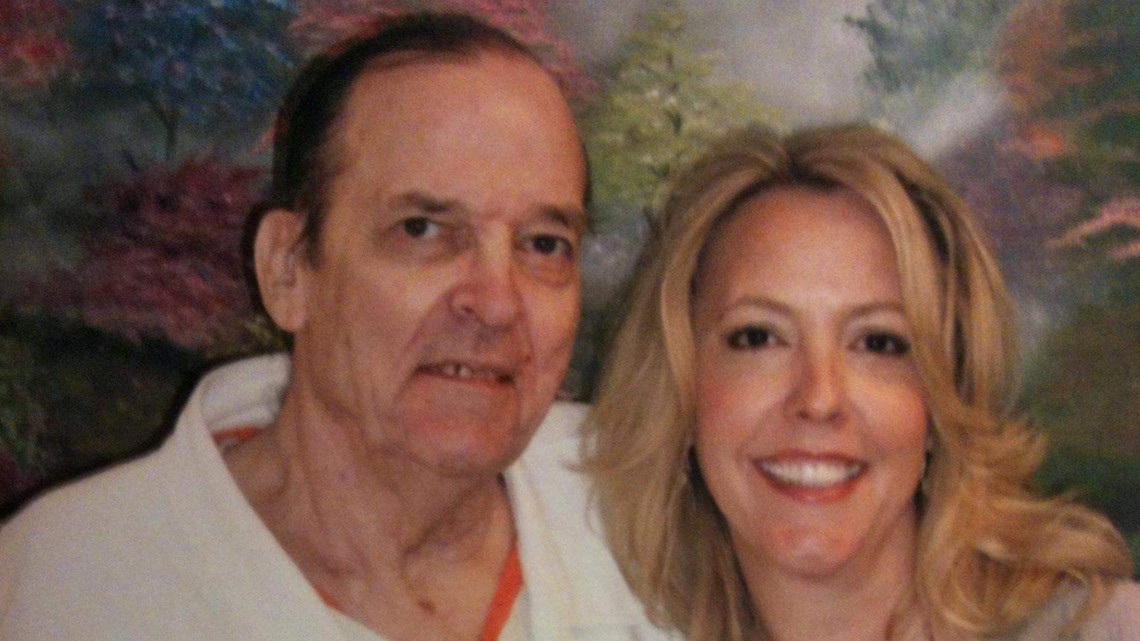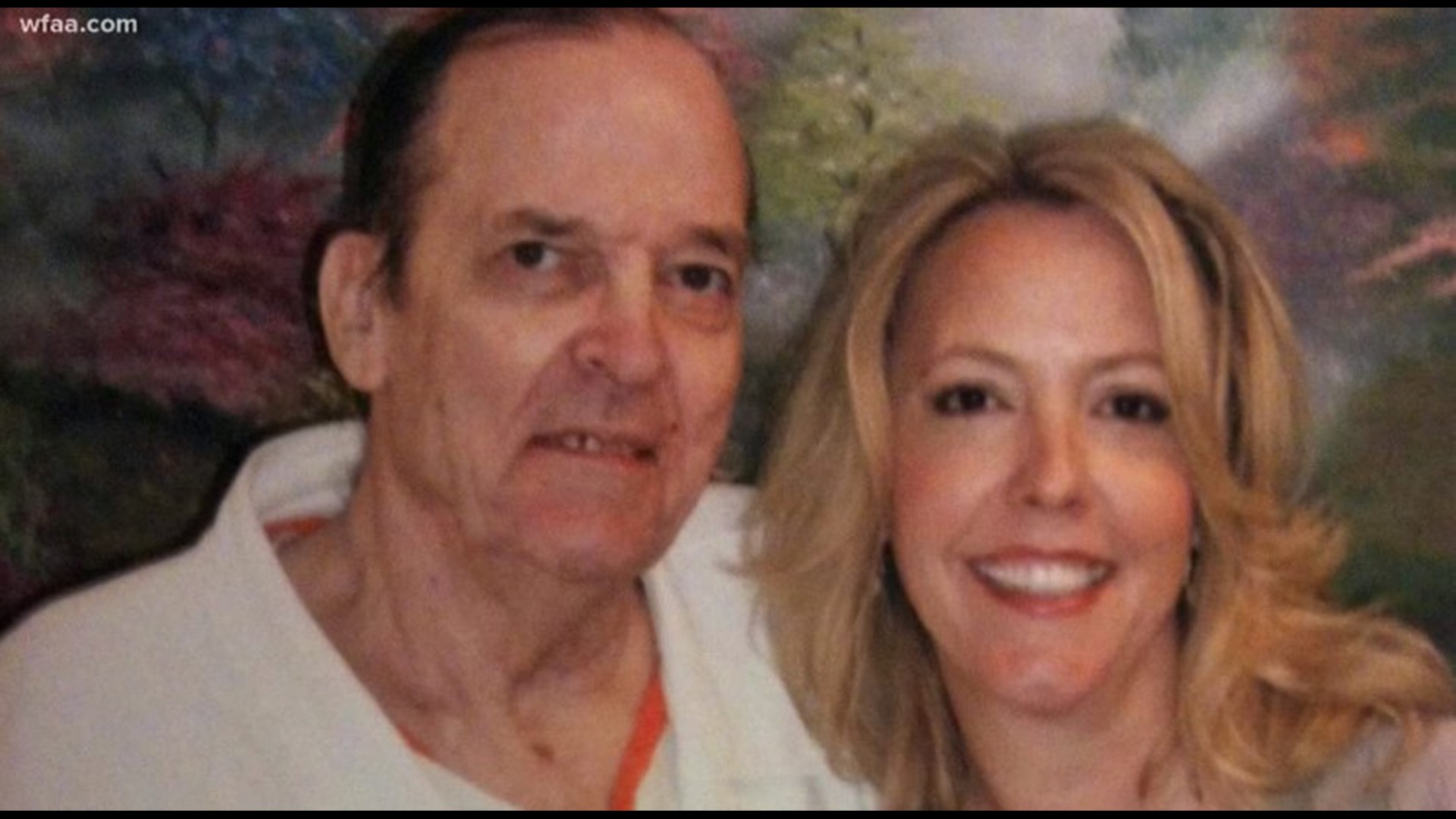DALLAS — Everybody called Theodore Crews by his nickname, “Cigo.”
Kambri Crews called him dad.
She’d never call him perfect.
“My dad deserved his jail time. He was a violent offender. But, he’d done his time,” she said.
Crews was in prison for an aggravated assault in Bedford.
He’d served about 18 years of his 20-year sentence when the coronavirus pandemic first appeared in the Texas prison system.
“He promised me that he wouldn’t even go to shower, that he would just take a what he called a bird bath in his cell to avoid going into the communal showers,” Kambri said.
“I was like, great. Smell, do whatever you need to do. Just stay away from everybody. You’re almost home and when you get home, you’ll take the longest shower of your life. Don’t put yourself at risk. But it didn’t matter.”
Kambri was excited for her father's imminent release on parole when she learned he was terminally ill.


A spokesman for the Texas Board of Pardons and Paroles says a panel voted to grant Crews parole on June 11.
The original parole date was set for November, but members of the board reconsidered the case on July 6 and ruled Crews was eligible for immediate release, according to the spokesman.
But immediate release doesn’t mean hours, or even days.
In early July, Crews was diagnosed with lung cancer and moved to a prison hospital and eventually into hospice.
He died July 10, before he could be released.
The parole board spokesman said the state has not changed the manner in which parole decisions are rendered during the coronavirus pandemic, which Kambri questions.
"He’s at the end of his sentence. He’s 73. He has no teeth. He’s deaf and he weighs 150 pounds,” Kambri said. “Send him home!”
According to the Texas Department of Criminal Justice, as of mid-July, more than 12,000 inmates have tested positive for COVID-19 and 94 have died.
At least 10 TDCJ employees have died from the virus. About 2,300 employees have tested positive.
Kambri does not believe her father died of COVID, but she has requested his medical records from TDCJ.
RELATED: 'I'm scared every day': Correctional officers, inmates say Texas prisons botched COVID-19 response
“Our condolences and thoughts and prayers go out to the family of anyone who dies in custody,” said TDCJ spokesman Jeremy Desel. “All in-custody deaths are investigated and autopsies are ordered.”
The spokesman for the Board of Pardons and Paroles refused to specifically address Crews’s case but said it would not be out of the ordinary for a medical issue to be the reason an inmate is granted immediate release.
Cigo Crews was deaf, but he and his daughter were both fluent in sign language.
Phone conversations were not possible, but Kambri said she worked hard to get two Face Time video chats in his final days, during which she said he had to explain to her that he was dying.
According to the TDCJ, Face Time calls with terminally ill inmates are relatively new. Chaplains facilitate the calls.
“A guard was holding the phone, they wouldn’t let him touch it,” Kambri said.
RELATED: Hundreds of inmates, staffers continue to test positive at prisons and jails across North Texas
“They kept it to a strict five minutes and kept interrupting us and looking at the clock. It’s like this desperate attempt to cling to every last ounce of punitive justice.”
"Where’s the humanity for a man who ostensibly was free?" she asked. "He’d been given parole."
Kambri said the final year of her father’s incarceration had been the best year of their relationship.
“Really, that’s what makes this so unfortunate is that he was ready to come home. We were ready to have him home with us,” she said.
Kambri lives in New York City and had plans for her father to live near her and work as a maintenance man in the theater she owns.
When the pandemic began raging in New York, she said she knew what might be heading her father's way, so she made a one-day round-trip to Texas to squeeze in what ended up being her final face-to-face visit with her father.
"I'm so glad I did," she said.

